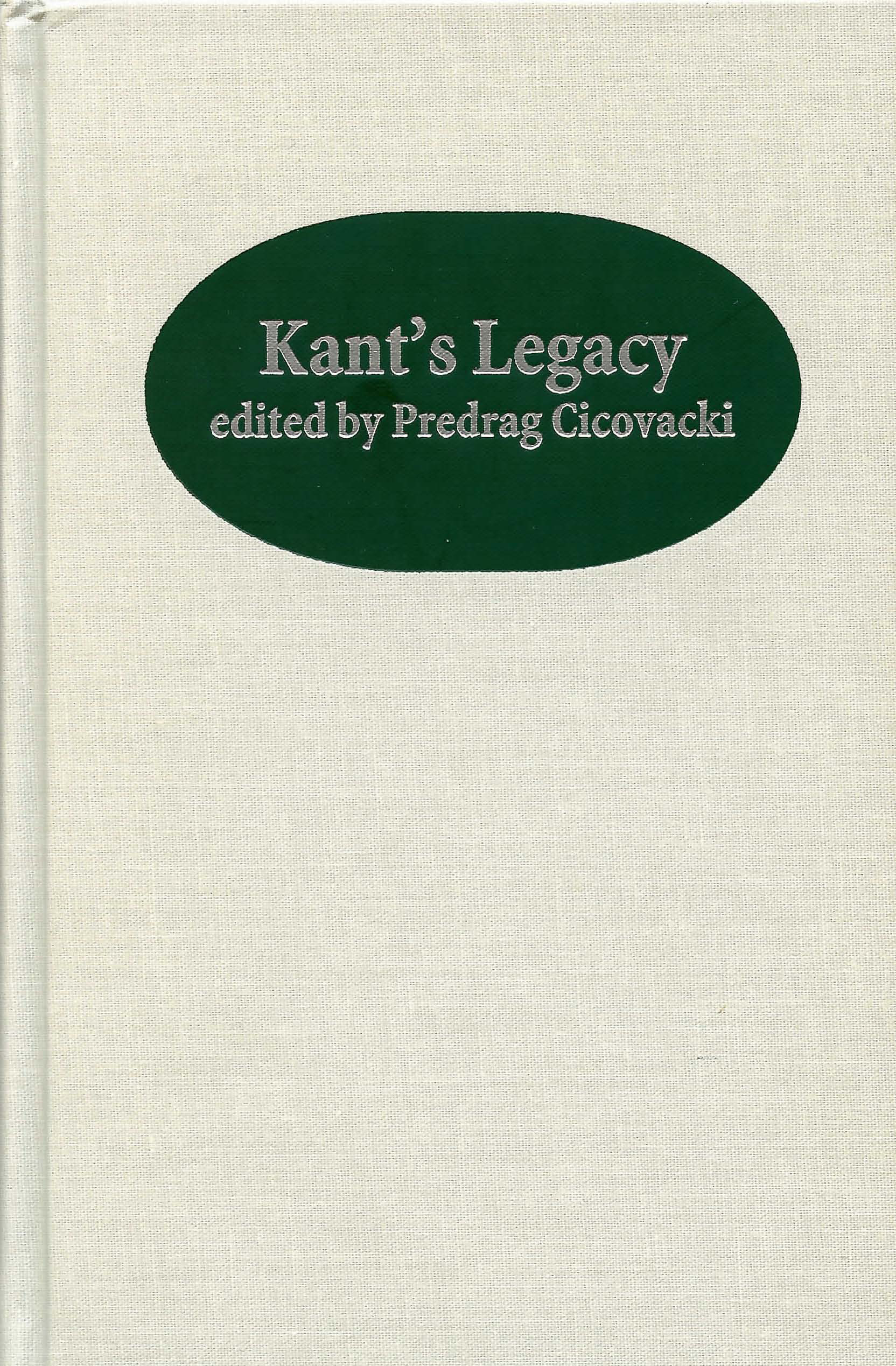The Anti-Reductionist Kant
Published online by Cambridge University Press: 22 March 2023
Summary
1. There is a sense, of course, in which all philosophers are our contemporaries, participants in an ongoing and important conversation. But Kant has special interest for us. He more than anyone else challenges the characteristic twentieth-century task of Anglo-American philosophy, that of providing “analyses,” or, what comes to the same thing, reductive accounts of apparently problematic phenomena or of the concepts describing them. Among these accounts are logicism: the reduction of mathematics to logic; behaviorism: the reduction of mind to bodily behavior and dispositions to behave; phenomenalism: the reduction of objects to sequences of sense-impressions; operationalism: the reduction of quantities to measuring operations; and ethical naturalism: the reduction of values to facts.
The “isms” multiply without necessity. Kant rejects them all. My aims in this paper are to clarify the grounds of this rejection, show why they require reductions in science while precluding them in philosophy, and argue for a fundamental distinction between “objects” and “constructs.”
A merit of this collection in honor of Lewis White Beck is that it brings us together not as metaphysicians or moral philosophers, but as Kantians. I will talk mainly about the theoretical side of Kant’s position. But the points made will, at the end, be applied to the practical side as well. At every turn, I will make use of Beck’s insights and underscore his belief that the history of philosophy can be brought to bear on present problems. This, ideally, is reunion in philosophy.
2. Reductionist programs in philosophy are so familiar that little needs to be said to characterize them here. They share a common form, which is typically deductive. Moreover, at least one premise of the deduction asserts a conceptual tie between key terms in the respective sentences. Phenomena are reduced when one sort of sentence, say setting out the Peano Axioms for arithmetic, can be derived by way of a claim about meaning from another sort of sentence, in this case derived by way of definitions of “0” and “is the successor of” from the axioms of set theory. They also share a common motive, which is typically epistemological. Our talk about what is inferred and otherwise merely probable, the minds of others for example, is to be grounded in what is immediately accessible or incorrigible, in this case our observations of bodily behavior.
- Type
- Chapter
- Information
- Kant's LegacyEssays in Honor of Lewis White Beck, pp. 71 - 92Publisher: Boydell & BrewerPrint publication year: 2001
- 2
- Cited by



